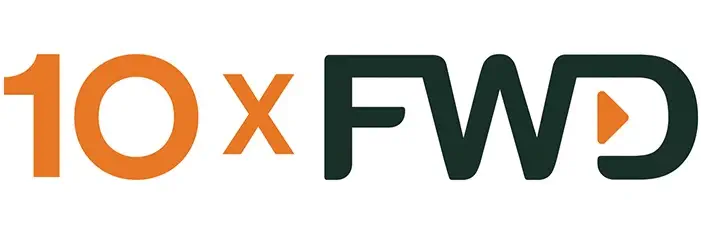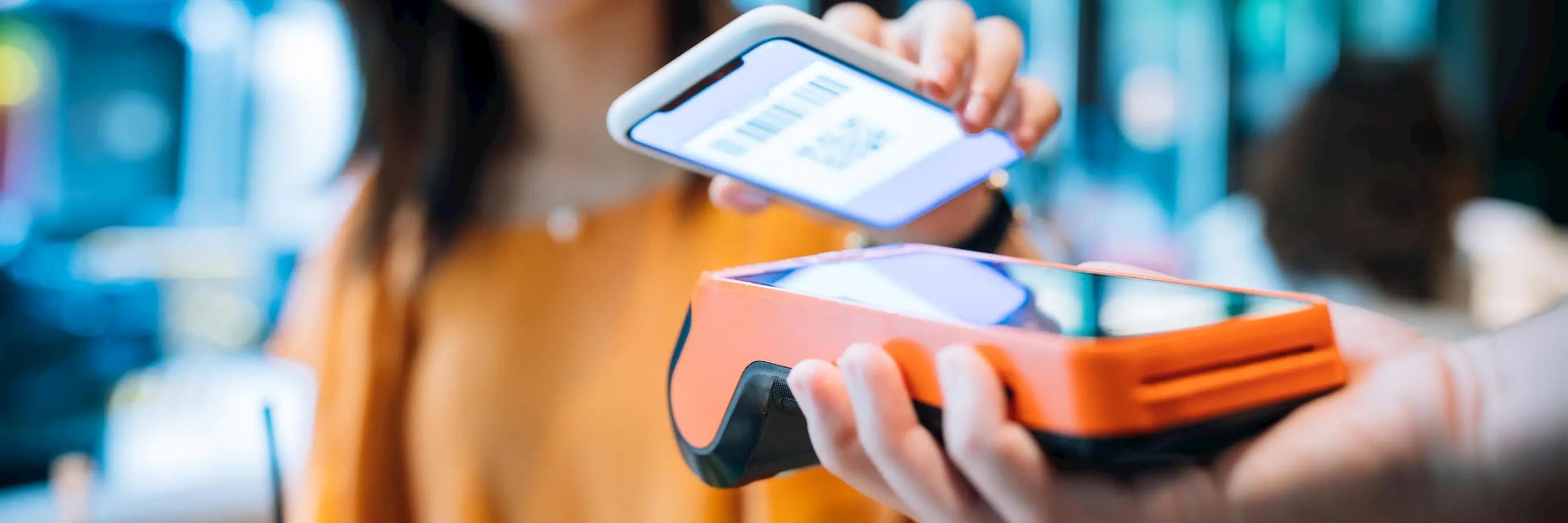
5 ways to maximize the benefits of your credit card
A credit card is good to have in an emergency—and using it wisely is key to unlocking its true benefits.
Having and using credit cards shouldn’t always lead to debt. Credit cards are a convenient and quick source of funds in case of an emergency like hospitalization. They let you shop online, track your purchases, build a good credit history, and offer some pretty sweet rewards and promos.
Having a credit card opens up a world of convenience and possibilities, as long as you remain a responsible shopper and stay on top of your finances. In the new normal, using a credit card is also a better alternative to pay for your necessities.
Whether you're just thinking of getting one or already have one (or more), here are some useful tips on how you can maximize your plastic without falling into the credit card trap—and maintain your mental and financial wellbeing.
1. Pay for purchases using your points.
Did you know that you rack up points every time you make a purchase with your credit card? Some credit cards let you use your points for rewards like dining or shopping. A more practical benefit, however, is to use your accumulated points to pay for existing bills. Some banks and credit card issuers reward points with gift certificates, which you can use at supermarkets for your basic needs.
2. Obtain special discounts through your card’s rewards program.
Credit card providers offer all kinds of promotions and discounts, such as a free dish for a minimum purchase in restaurants. You may also find discounts for clothing, airline tickets and hotel bookings. These special promos are usually sent through email or text message, so stay alert and be on the lookout.
3. Stand a chance to win instant freebies by keeping your credit card receipts.
A certain amount of accumulated receipts can make you eligible for raffles. Sometimes, even a single-purchase receipt can win you an instant freebie, like a free burger or meal from a fast-food chain. What a great and quick incentive for staying cashless!
4. Pay on time and pay in full.
Learning how to use a credit card entails taking on the responsibility to pay your bill on time and in full. Credit cards offer convenience and prizes, but this niftiness comes with an interest rate if you don’t pay on time. It can also cause all sorts of financial and legal trouble. Failing to stay on top of your payments can affect your credit standing, which can be disadvantageous should you need to take out a bank loan.
Moreover, note that while credit cards are handy for emergencies try not to spend money you don’t have. In that sense, treat it like a debit card. A credit card is not an alternative source of income—it’s just an alternative mode of payment. Having a good credit history can help you secure more immediate loans in the future.
5. Be mindful of the cut-off date.
Having a credit card will allow you to spend and pay later. Be wise and take note of your cut-off date, so you can happily enjoy weeks of extension on your credit limit. When you time things right, your expenses will appear on the succeeding month's billing, giving you more time to come up with the funds to pay, especially if you just spent something huge.
Keep fewer cards with an extended credit limit, instead of signing up for multiple credit cards. Having multiple credit cards may make you feel you have more sources of extra funds, but sticking to one or two credit cards helps lessen your confusion and lets you pay on time.
When you manage your finances well and are covered by an insurance plan, emergencies become less stressful on your health and finances. Check out FWD Life Insurance’s online shop for affordable plans that will help ease your worries in case emergencies arise. FWD KanMend Critical Illness Insurance covers you in case you’re diagnosed with any of the 42 covered critical illnesses, while FWD KanGuard Accidental Death Insurance, available to 18 to 50-year-old Filipinos or residents of at least 6 months and in good health, gives you coverage in case of death due to accident or disability due to terror attacks.
What kind of coverage do you need? What are your health and financial goals? Talk to an FWD financial advisor to start creating a plan according to your needs.






